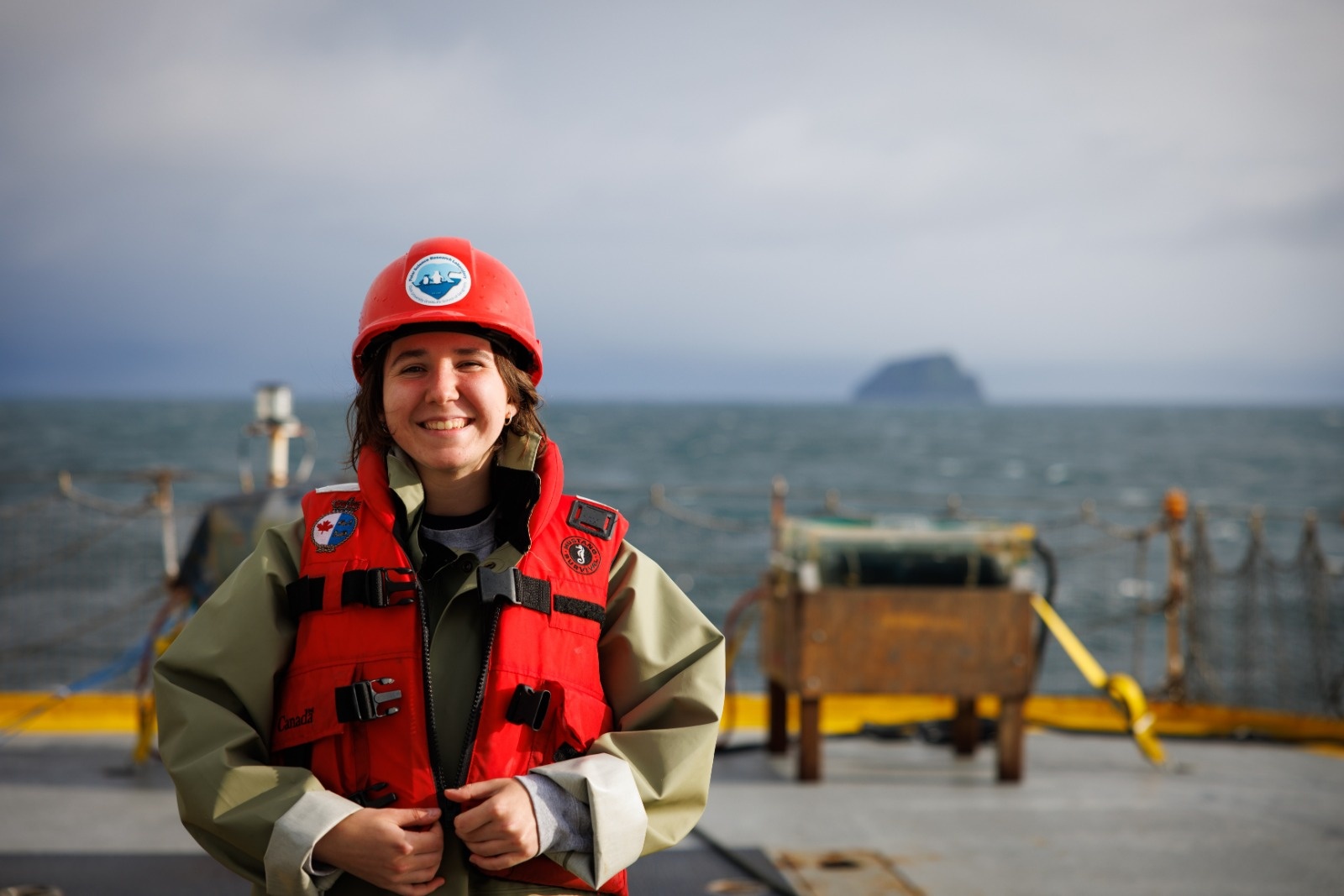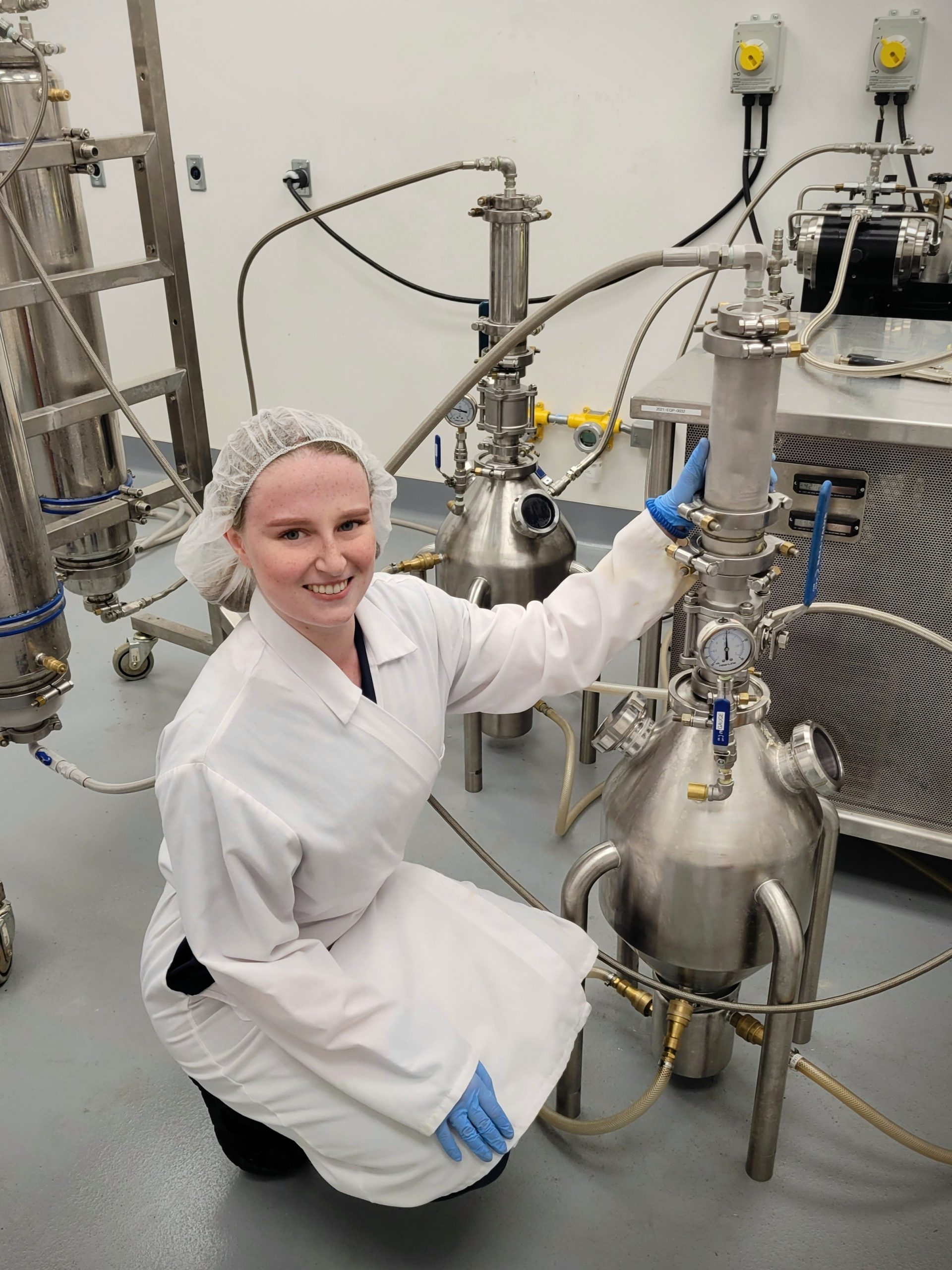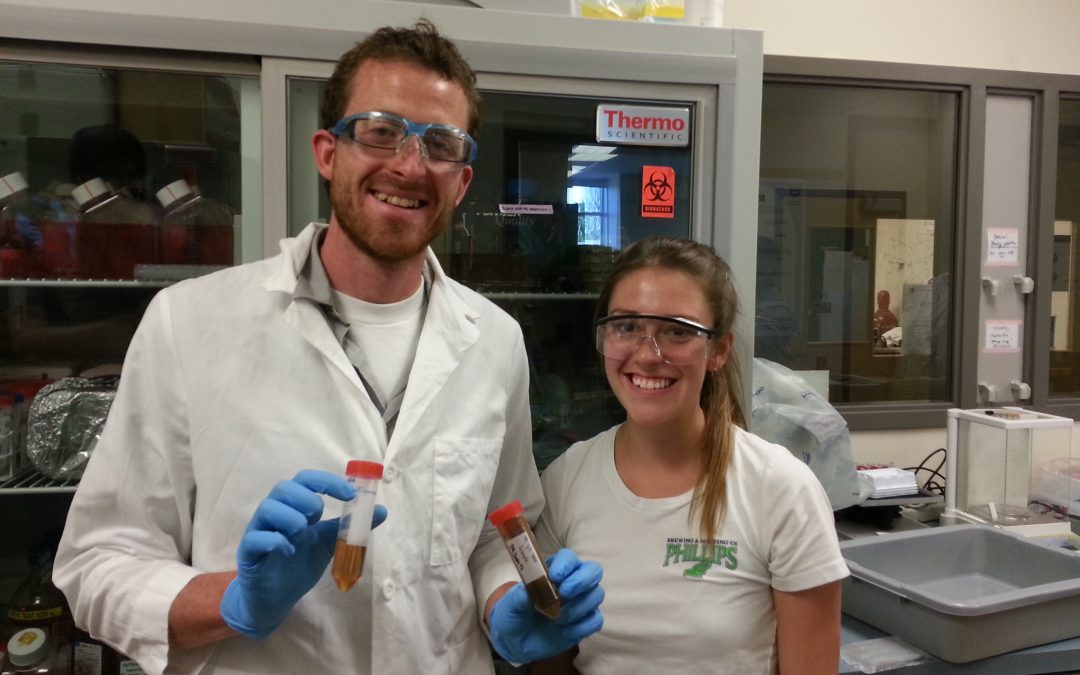- Viticulture research assistant – Agriculture and Agri-Food Canada
- Formulation and analytical chemist – EcoSafe Natural Products Inc.
- Process operator – Teck Ltd
- Outreach instructor – Actua
- Organics, advanced extractions – ALS Laboratory Group
- Structure, properties and performance Researcher – Automotive Fuel Cell Cooperation
- Medicinal chemistry researcher – Centre for Drug Research and Development
- Analytical chemistry student – PBR Laboratories Inc
- Academic research (Theoretical and applied)
- Pharmaceutical and biotechnology companies
- Breweries, wineries and distilleries
- Computational and Quantum Chemistry
- Government agencies
- Food, chemical and equipment manufacturers
- Natural resources management and research
- Analytical Chemistry work (QC, R&D)
- Renewable energy research and production
- Outreach and education
- Formulation

Chemistry knowledge
- understand the major systems of nomenclature used in chemistry
- understand bonding and electronic structure and how they relate to the shape and reactivity of chemical compounds
- understand how bonding and electronic structure impact the chemical, physical and electronic properties of molecules
- understand thermodynamics, reaction kinetics and reaction mechanisms
- create new compounds based on your knowledge of inorganic and organic chemical reactions
- understand how to separate, detect and measure chemical compounds
- understand how to use quantitative and qualitative evaluations to analyze compounds or materials
Scientific method
- use experimental techniques to solve problems
- search and assess scientific literature
- use inductive reasoning and deductive methods to develop a testable, falsifiable hypothesis and predict expected results
- design quantitative approaches and experiments to test and evaluate hypotheses
- gather evidence through observation and experimentation
- understand research and propose steps to further the goals of an experiment
- communicate results and ideas in scientific reports, papers and oral presentations
Lab skills
- use safe and careful practices
- keep lab records
- analyze, make, purify, modify and characterize compounds, samples or devices
- use lab instruments
- calibrate, maintain and troubleshoot instruments
- follow standard methods and procedures for lab experiments
- take accurate measurements and identify potential sources of error
- troubleshoot and optimize methods and techniques
- develop methods and procedures
- assess lab data
Computer skills
- use scientific software
- use computer modeling as a proxy for physical experiments
- create and modify scientific software
- develop and use computational methods to analyze large data sets
Education and training
- teach chemistry and science at a level appropriate to the audience
- assess achievement of learning outcomes
- train and supervise others to perform scientific or lab procedures
Field work
- observe behaviour or properties of subjects and phenomena
- measure subjects or phenomena or their environment
- identify and collect samples for analysis
- use field equipment, tools and machinery


